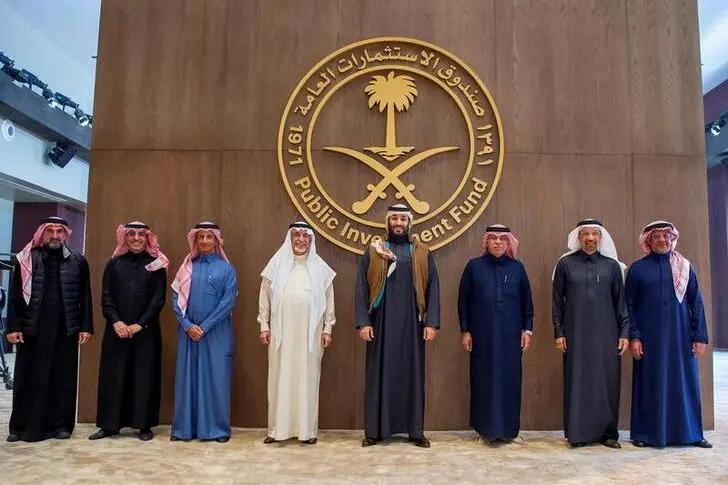PHOTO
Saudi Arabia this week took a welcome step along the path to streamlining its domestic financial infrastructure with the merger of two pension and social security fund entities.
The Public Pension Agency (PPA) will combine with the General Organization of Social Insurance (GOSI) to create an organization that holds substantial stakes in some of the most valuable listed companies in the Kingdom, as well as significant holdings in foreign companies, and real estate and financial assets.
The merger, approved by the Saudi Cabinet, is all in the name of efficiency and rationalization, given the fact both the PPA and GOSI occupied virtually the same space in the investment scene — the management of pension and other funds from civil and military personnel, as well as investment in what is regarded as essential social infrastructure, including healthcare and residential property finance.
Some observers wondered whether the merger might herald the beginnings of another mega-investor for the Kingdom like the Public Investment Fund (PIF). Before it was relaunched as a super sovereign wealth fund in 2015, the PIF had been managing sleepy public sector pension assets, much like PPA and GOSI. It’s early days in the PPA-GOSI link up, and the investment strategy is still being finalized, but it does not look like another PIF in the making.
For one thing, the assets under management are considerably smaller. At around $29 billion, PPA-GOSI is a very long way off the $430 billion claimed by the PIF, and will be dwarfed by the declared ambition of the PIF to reach more than $2 trillion of assets under management by 2030.
The PIF has a much wider remit than anything currently envisaged for PPA-GOSI. The former is a dynamic global investor, as we have learned during the pandemic crisis, taking stakes in companies around the world and actively trading them.
The PIF also has a key role as an agent of economic change at the cutting edge of the Vision 2030 strategy to diversify the economy away from oil dependency and reliance on government spending.
We were reminded of that fact again this week by the Sovereign Wealth Fund Institute’s new ranking of the world’s big government-owned investors. The PIF came in as the seventh-largest SWF in the world, rising up the rankings once again.
The “league table” of SWFs tells us a lot about the historical shape of these super-investors, but also says a thing or two about where they might be headed.
The PIF, despite the scale of its ambition, ranks behind the main SWFs of Norway, which tops the chart by value of assets under management, as well as SWFs in China, Singapore, the UAE and Kuwait.
But these organizations have been going for considerably longer than the PIF in its post-2015 form. The oldest, the Kuwait Investment Authority, has been going since the 1950s; the UAE’s ADIA was formed in 1976 and is currently ranked as the largest in the Middle East. It is important, too, to distinguish between SWFs that are based on profits from commodity trading, oil in the case of the regional ones, and others in China, Singapore and elsewhere that are essentially the repository for their countries’ export and trading profits.
The PIF would also overtake Norway as the biggest in the world. The fact that the Scandinavian country’s Government Pension Fund Global, with nearly $1.3 trillion in the bank, is currently the biggest is a testimony to the Oslo government’s prudent management of its revenue surpluses from North Sea oil over the years. You might ask why the UK — similarly endowed with North Sea assets in the 1980s — never managed to put any of that windfall away in the bank, but that gets us into the contentious sphere of politics.
You might also ask what happens to Norway’s trillions if the country — among the vanguard of environmental activists — ever decides to completely pull out of the hydrocarbon business. But that too is a political issue the Norwegians will have to decide for themselves.
• Frank Kane is an award-winning business journalist based in Dubai.
Twitter: @frankkanedubai
Copyright: Arab News © 2021 All rights reserved. Provided by SyndiGate Media Inc. (Syndigate.info).





















